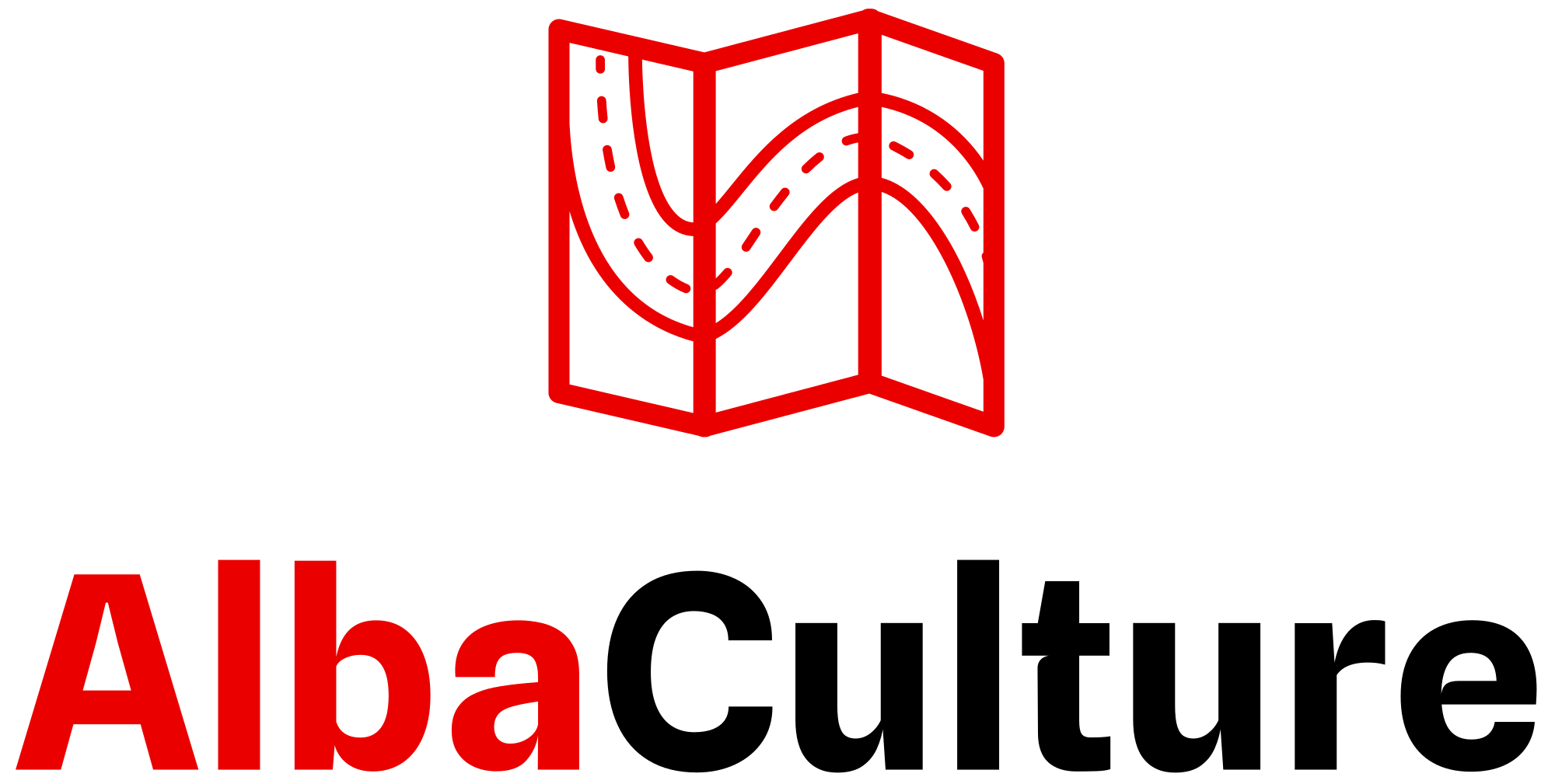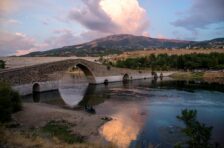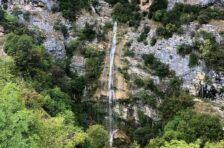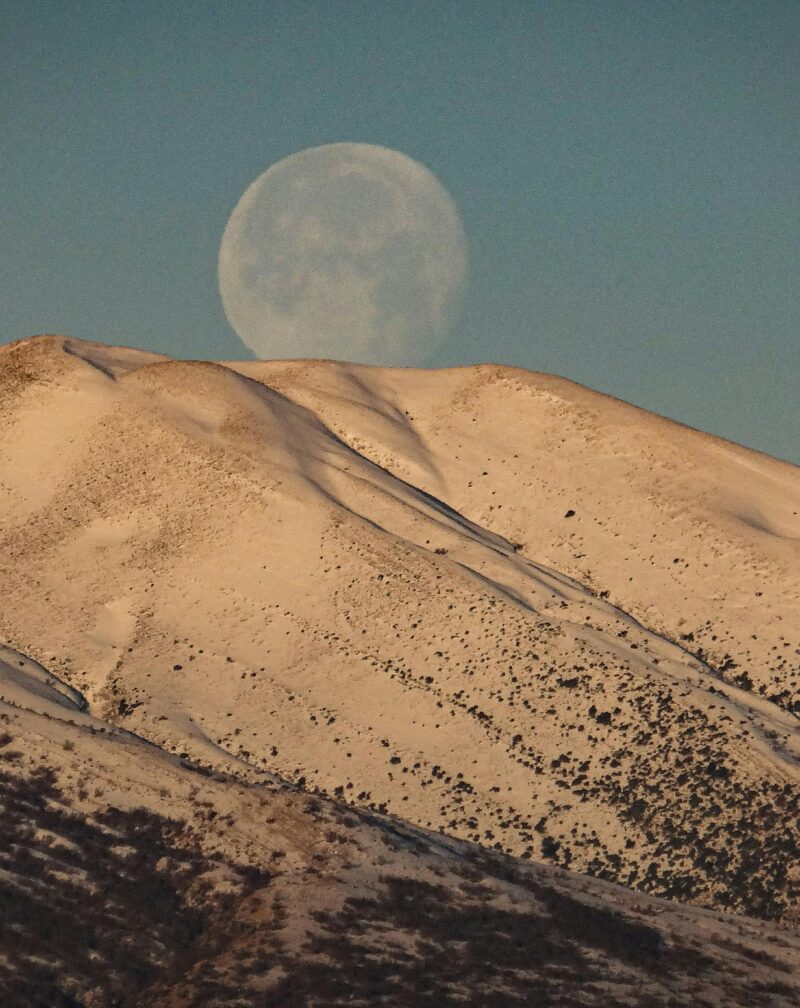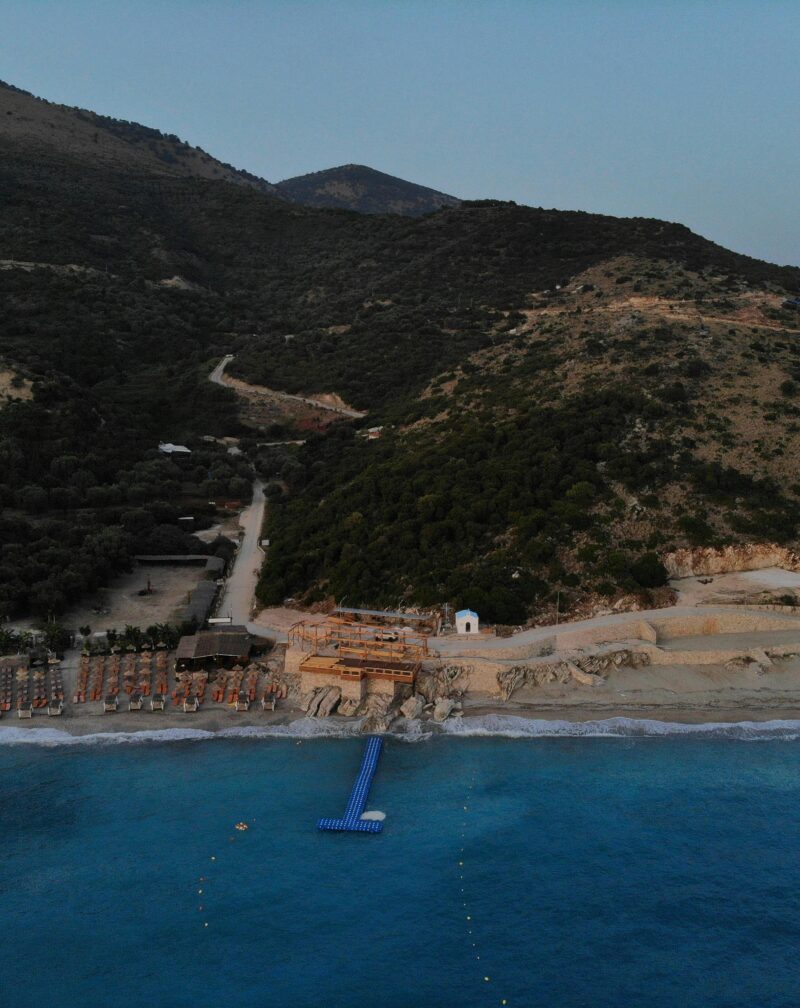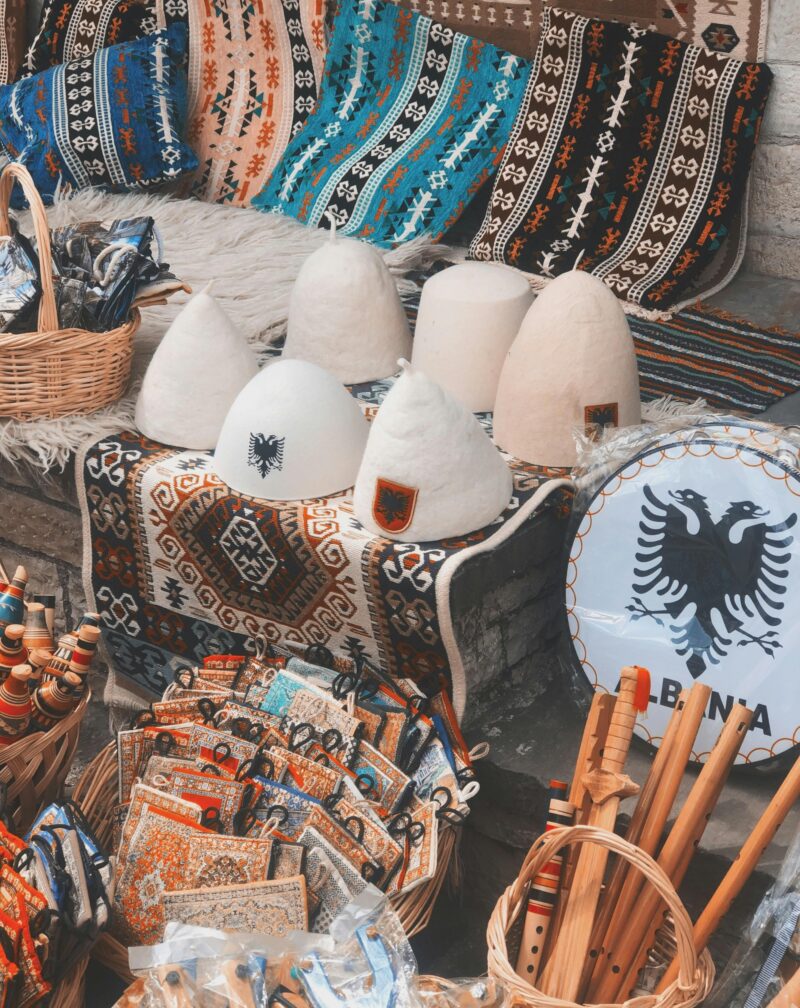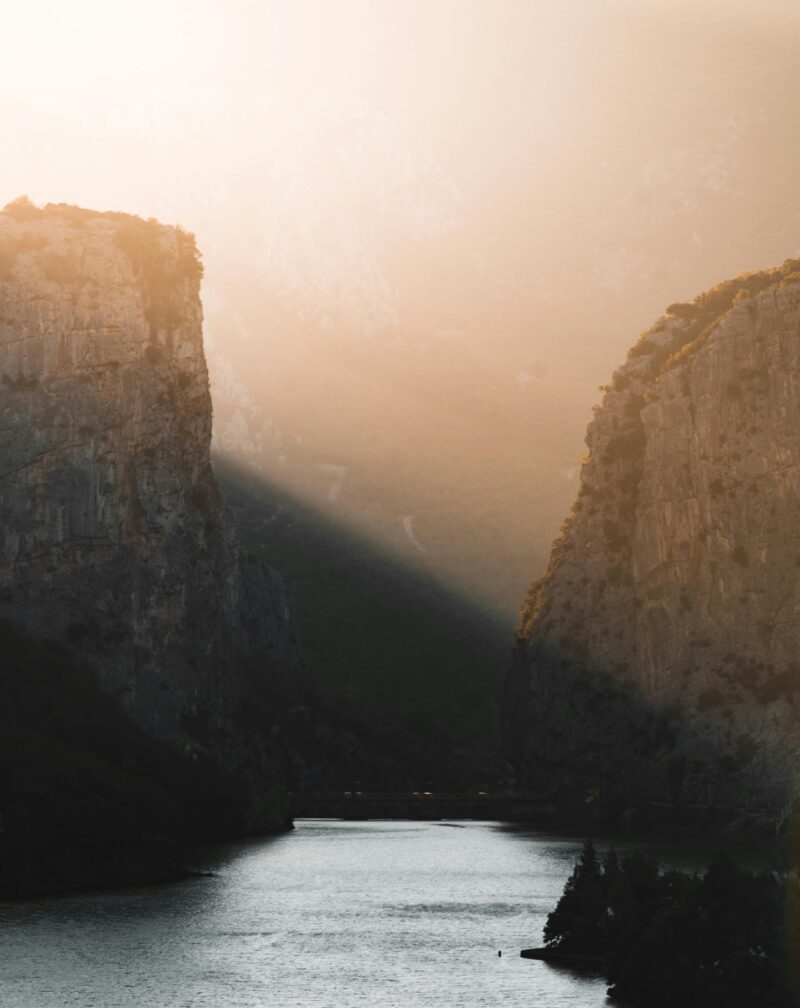Understanding Life in Modern Albania
Albania doesn’t fit neat categories. It’s European but feels different from Western Europe. It’s Mediterranean but distinct from Greece or Italy. It’s Balkan but unique even among its neighbors. Understanding Albanian culture requires accepting contradictions.
The Weight of History
You can’t understand Albanian culture without knowing its history, at least broadly. Five hundred years under Ottoman rule. Brief independence followed by Italian and German occupations. Forty-plus years under one of Europe’s most extreme communist dictatorships. Democracy only since 1991.
That’s a lot for one small country. It shapes how people think, relate to authority, view foreigners, and organize their lives.
Older Albanians remember communism vividly. For them, the transition to democracy isn’t ancient history—it’s their lifetime. Some adapted successfully, others struggled. The wealth gap is visible. Old communist-era apartments sit next to new construction. Some families drive Mercedes; others barely scrape by.
Younger Albanians grew up post-communism. They’re connected to global culture through the internet and travel. They speak English, follow international trends, use social media. The gap between generations is stark.
Family Above Everything
Family loyalty is absolute in Albanian culture. Extended families remain close—geographically and emotionally. Multiple generations often live in the same house or very nearby.
Family gatherings happen frequently. Sunday lunch with parents, grandparents, aunts, uncles, cousins is standard, not a special occasion. Family opinions matter deeply, sometimes more than individual preference.
This creates tight support networks. When someone needs help—financial, emotional, practical—family responds. But it also means less privacy and independence than Western Europeans or Americans might expect. Young adults often live with parents until marriage, not for economic reasons (though that too) but because it’s culturally normal.
Marriages still involve families, not just couples. Meeting your Albanian partner’s family is serious business. Their opinion carries weight. Inter-family relationships matter for marriage success.
The Hospitality Code
Mikpritja—hospitality—is almost sacred. Guests are treated with exceptional generosity, sometimes to embarrassing degrees for visitors unused to it.
If an Albanian invites you home, they’ll serve food and drink repeatedly. Refusing feels insulting, though they’ll insist several times before accepting your “no.” Even poor families will offer their best to guests. The honor of properly receiving guests matters more than personal comfort.
This isn’t transactional. Albanians don’t host expecting anything in return. It’s cultural obligation and pride. Being known as a good host matters socially.
This extends beyond homes. If you ask directions, people might walk with you to ensure you find the place. If you express interest in something, they’ll go out of their way to help you experience it. This warmth surprises many visitors.
Gender Roles and Changing Norms
Traditional gender roles persist, particularly in rural areas and among older generations. Men work outside the home, make major decisions, socialize publicly. Women manage households, raise children, maintain family relationships.
But this is changing, especially in cities and among educated young people. Women attend university at high rates. Women work professionally in all fields. Gender dynamics in young urban couples often resemble Western European patterns.
The contradiction exists simultaneously. A young woman might have a professional career and university education while still being expected to fulfill traditional family roles—cooking, hosting, maintaining relationships with extended family.
Rural areas remain more traditional. Women’s freedom varies by family and region. Northern Albania historically had stricter gender norms, though even this is evolving.
The sworn virgin tradition (burrnesha) is historically interesting women who took vows to live as men, gaining male privileges but remaining celibate. Very few remain, but it shows how gender was navigated in traditional Albanian society.
Religion—Sort Of
Albania is unique religiously. The population is majority Muslim (Sunni and Bektashi), with significant Catholic and Orthodox minorities. But decades of state atheism under communism created a peculiar situation.
Many Albanians are nominally religious but not particularly observant. They might identify as Muslim, Catholic, or Orthodox for cultural reasons while rarely attending services. Religious holidays are celebrated but often as cultural festivals rather than spiritual observances.
Interfaith marriage is common and largely unproblematic. Families often include multiple religions. This tolerance is point of national pride—Albanians emphasize religious coexistence as part of their identity.
That said, some people are genuinely devout. Mosques and churches have active congregations. Religion matters to some families. But overall, Albania feels more secular than its demographics might suggest.
The Bektashi order, headquartered in Albania, represents a mystical branch of Islam that’s quite liberal—no strict dress codes, women fully participate, alcohol isn’t forbidden. It’s uniquely Albanian in flavor.
The Language Barrier and Bridges
Albanian is difficult. It’s not mutually intelligible with any neighboring language. Grammar is complex. Pronunciation challenges English speakers.
Many young Albanians speak English reasonably well, particularly in cities and tourist areas. Older generations more often speak Italian or Greek, learned through proximity, television, and work abroad.
Outside tourist zones, English proficiency drops. Villages, small towns, and rural areas require patience and creativity to communicate. Translation apps help but aren’t perfect.
Attempting Albanian, even badly, earns appreciation. Albanians don’t expect foreigners to speak their language and find efforts charming rather than offensive when butchered.
Learning basic phrases makes practical and emotional sense. “Faleminderit” (thank you), “ju lutem” (please), “mirë” (good/fine), “sa kushton” (how much), “ku është” (where is)—these go a long way.
The Diaspora
Huge numbers of Albanians live abroad—perhaps 1.5-2 million in Greece alone, with large communities in Italy, UK, US, Germany. For perspective, Albania’s current population is under 3 million.
This diaspora sends remittances that significantly impact the economy. It also creates connections—many Albanians have family abroad, have worked abroad themselves, or plan to emigrate.
This creates complex feelings. Pride in those who’ve succeeded abroad. Frustration that talented people leave. Resentment sometimes toward diaspora who return and flaunt wealth. Gratitude for your financial support.
Western Albanian communities maintain strong ties home. They visit in summer, build houses, invest in businesses. This creates seasonal population shifts—coastal areas swell in July and August with diaspora visitors.
Social Life and Public Spaces
Cafes are essential to Albanian social life. People spend hours at cafes, not necessarily ordering much, just socializing. It’s where you see and are seen, maintain friendships, discuss everything from politics to gossip.
The passeggiate—evening walk—is important. Families and friends walk along main streets, promenades, or parks. It’s social ritual, exercise, and entertainment combined.
Albanians aren’t hermits. Public life matters. Staying home too much might be seen as unfriendly or suspicious. Participation in community and social networks is expected.
Education and Aspiration
Education is highly valued. Parents sacrifice significantly for children’s education. University attendance is common, though university quality varies.
Many young Albanians speak multiple languages. Fluent Albanian, good English, often Italian or Greek. This puts them ahead of many Europeans linguistically.
Brain drain is real—many educated young people leave for better opportunities abroad. Those who stay often struggle with limited local opportunities and low salaries relative to costs.
There’s optimism mixed with frustration. Things are improving—visibly better than ten or twenty years ago. But progress feels slow to those living through it. Corruption, nepotism, and bureaucracy frustrate ambitious people.
Politics and Trust
Political discourse in Albania is intense. People hold strong opinions. Political parties have loyal bases. Elections are contentious.
But there’s deep cynicism too. Politicians are widely seen as corrupt and self-serving, regardless of party. Trust in the government is low. People work around the system rather than through it when possible.
This doesn’t mean chaos. Daily life functions. But there’s acceptance that official rules and actual practice differ. Informal networks and personal connections matter more than formal procedures.
The Albanian Paradox
Albania can feel contradictory to visitors. Welcoming yet reserved. Traditional yet modernizing rapidly. European yet distinct. Organized yet chaotic. Poor yet generous.
These aren’t failures of logic—they’re reality in a country transitioning rapidly while maintaining cultural identity. A country shaped by extreme isolation learning to engage globally. A place where ancient traditions meet contemporary aspirations.
Understanding Albanian culture means accepting these contradictions rather than resolving them. It means seeing people navigating between tradition and modernity, local and global, past and future.
For visitors, this creates richness. You’re not seeing a frozen traditional culture or a fully modern European country. You’re witnessing a transition, which is messier but more honest.



